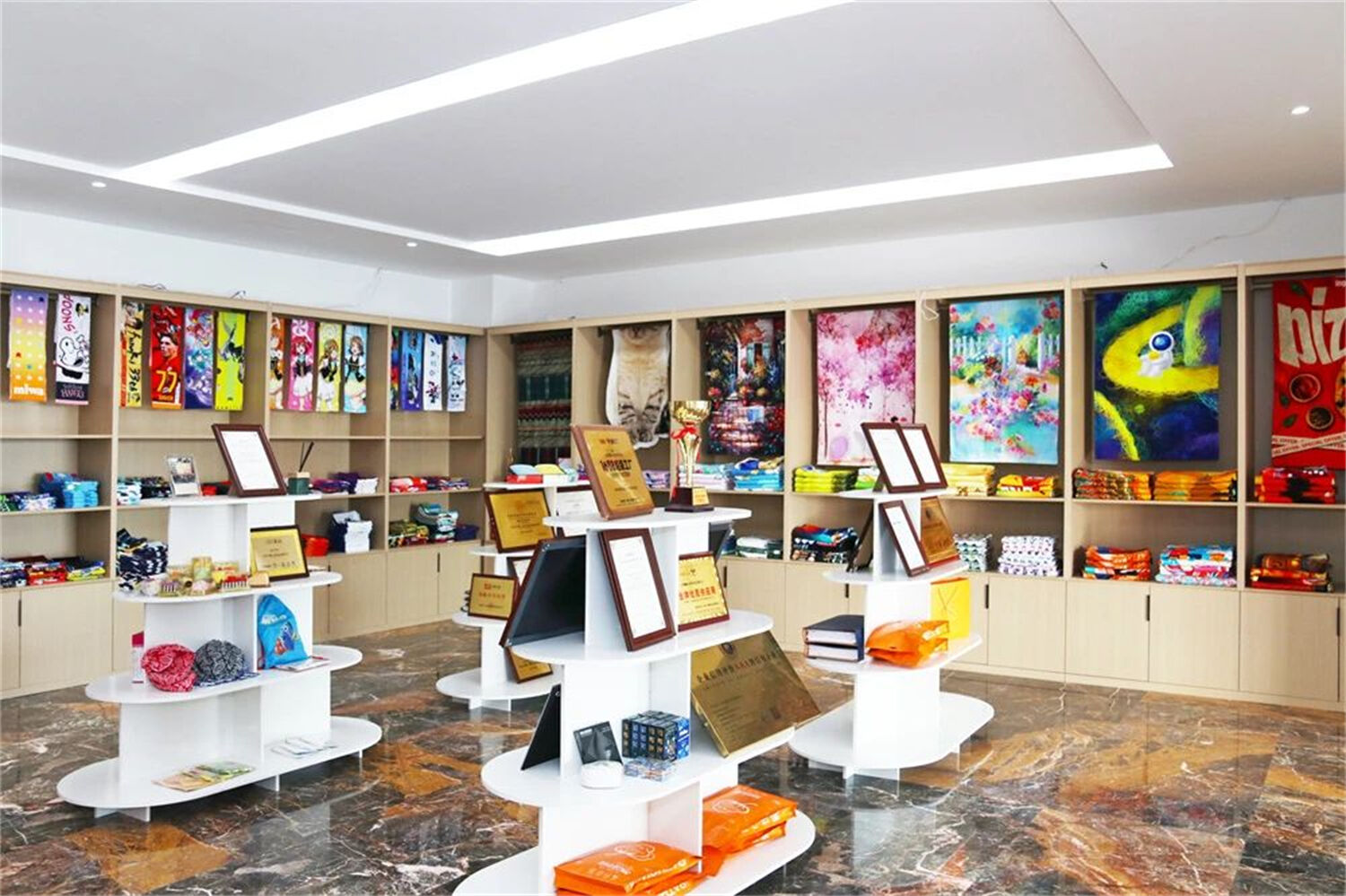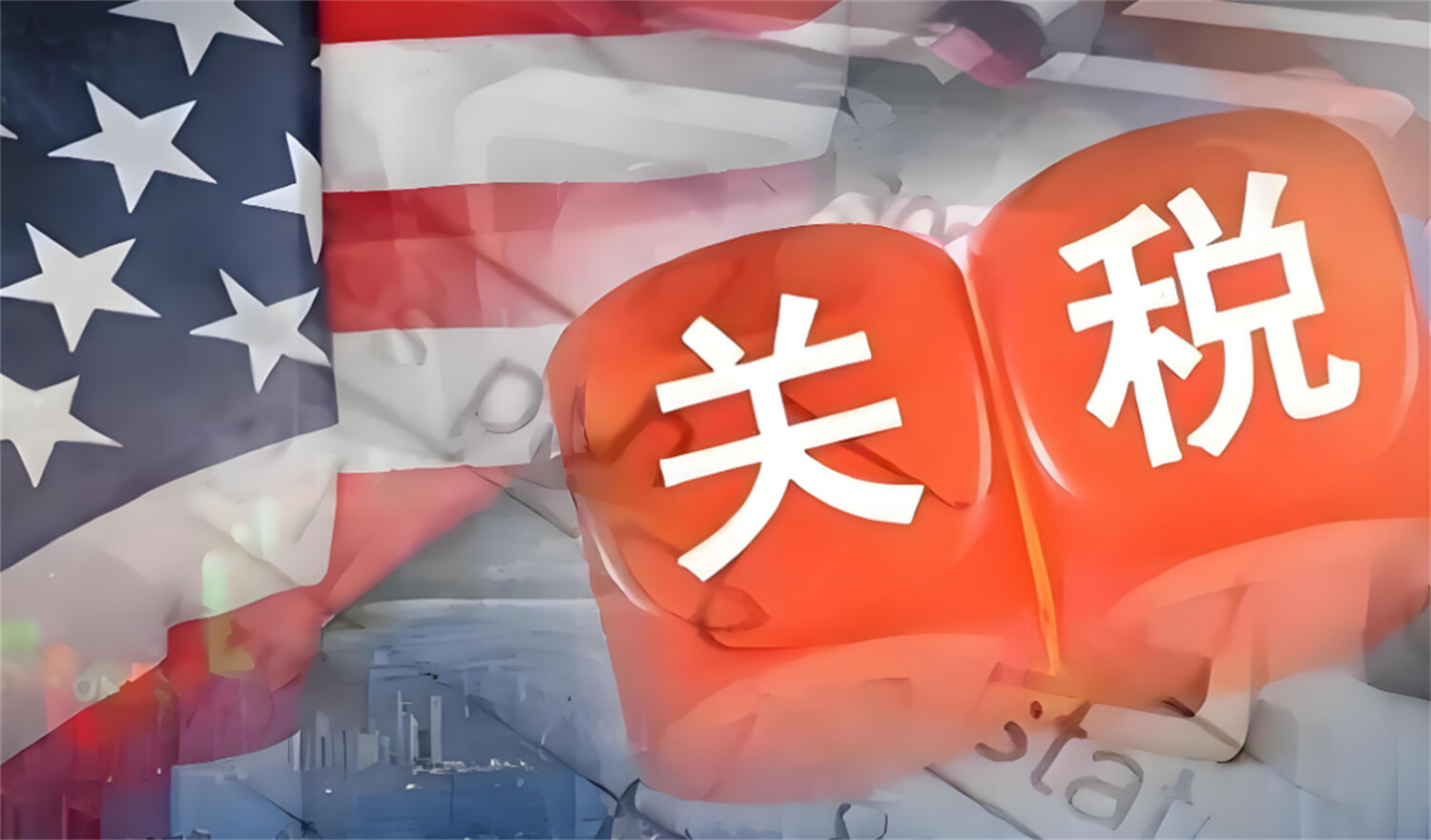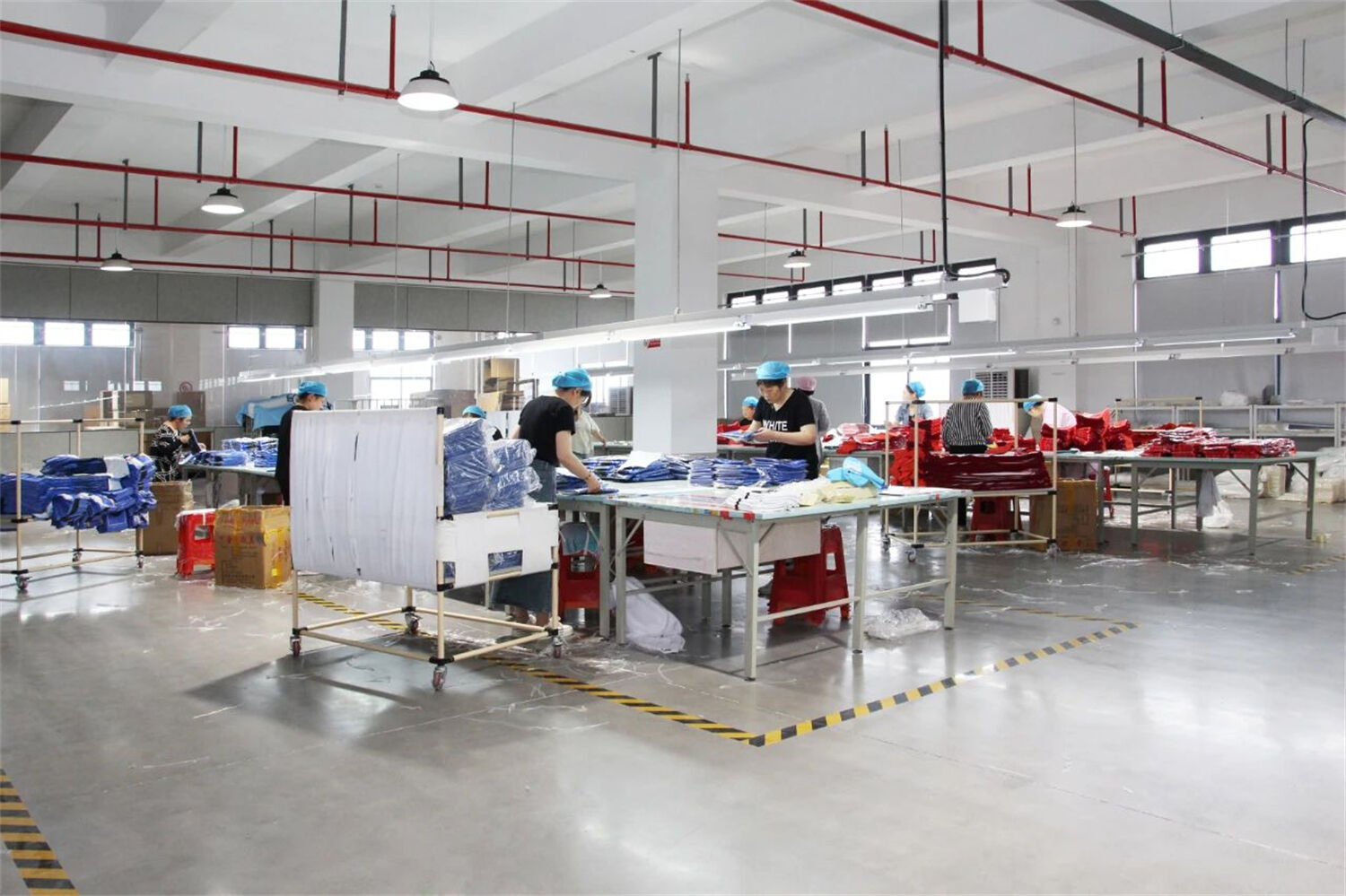The war of tariffs has officially begun, and the constantly increasing tariffs have also brought very serious impacts on many enterprises.
In our towel industry, such high tariffs also have a significant impact on towel enterprises. Specifically, in what aspects are they manifested?
According to professional analysis, it will mainly be reflected in the specific scope of tariffs, the market structure of enterprises, the layout of supply chains, and the response capabilities, etc.

1. Export-oriented enterprises: Directly affect export competitiveness
Export-oriented enterprises, especially those with the United States as their main market, will really have a direct impact on their export competitiveness, and even suffer a devastating blow as a result.
Rising costs and price disadvantage: If the main export markets of the enterprise (such as the United States) impose tariffs on towels, the export costs will increase. Enterprises need to absorb costs by reducing prices or improving production efficiency. Of course, it is more likely that these costs will be passed on to consumers; otherwise, it may lead to the loss of orders.
Order transfer: Many international buyers may shift their focus to countries with lower tariffs (such as Southeast Asia and India) for procurement, leading to a decline in the market share of our towel enterprise. Just like the domestic purchase of Brazilian soybeans nowadays.
Response strategy: Some enterprises may indeed circumvent tariffs by setting up factories overseas (such as in Vietnam and Cambodia), but this involves incurring transfer costs and the risk of supply chain restructuring. It is still not recommended for small and medium-sized enterprises to try.
2. Enterprises relying on imported raw materials: Cost pressure intensifies
Raw material price hikes: If tariffs involve the import of raw materials such as cotton and chemical fibers, the production costs of enterprises will rise directly. For instance, if we rely on American cotton or some high-end inks customized for printing, the profit margin of enterprises will be greatly compressed after the tax increase.
Supply chain adjustment: under the current situation, the enterprise must to look for alternative suppliers, also want to develop new markets, confined to a single area, once appear problem, will affect enterprise, but the new alternative suppliers and market in the short term may face the problem of insufficient quality fluctuation or bargaining power, also need a period of accumulation can be back to normal.

3. Domestic sales-oriented enterprises: Changes in the competitive environment
Tariff increases, will rise in the price of imports, domestic companies may benefit from imported products prices rise, domestic market share.
Potential risk: If the domestic towel industry simultaneously faces export disruptions and a large number of enterprises shift to domestic sales, it may lead to oversupply in the domestic market and trigger a price war. Although price wars have always existed, such price wars are even more terrifying.
4. Overall industry impact
Small and medium-sized enterprises are under greater pressure: Small and medium-sized enterprises themselves are not very strong, lacking bargaining power, technology or funds. In such a market environment, they are very likely to go bankrupt due to rising costs or reduced orders. Although this can also be understood as accelerating industry consolidation, after all, only the enterprises that survive are the leaders and the backbone of the industry.
Technological upgrading pressure: In the long term, the pressure of tariffs may force enterprises to enhance their automation levels and develop high value-added products. It will also force enterprises to constantly improve themselves, increase production efficiency, and reduce production costs, etc. However, it requires investment in research and development and transformation funds.

Summary:
In the short term, the increase in tariffs may lead to a 30%-50% decline in the profits of export-oriented towel enterprises, and some inefficient enterprises may exit the market. In the long term, it may drive industry reshuffling and technological upgrading. The specific impact needs to be comprehensively judged in combination with the enterprise's own flexibility, policy buffers (such as subsidies), and the global economic environment.